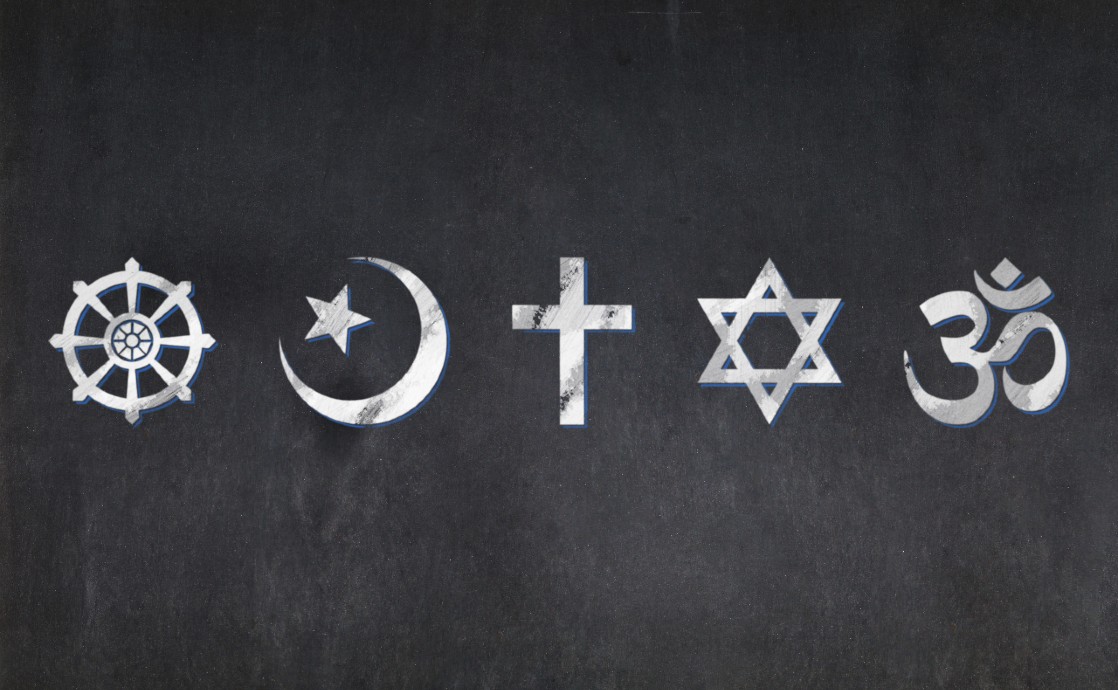Interfaith relations have often been framed within the context of mere tolerance—an acknowledgment of diverse beliefs that coexist within society. However, the Baha’i Faith posits a more profound understanding of interfaith dynamics that transcends this basic premise of respect. The teachings of Baha’u’llah illuminate a pathway toward a transformative relationship between different faiths that is rooted in unity, understanding, and the recognition of shared human values. This conceptual shift invites an exploration that delves into the essence of what it truly means to engage with individuals of differing beliefs.
To appreciate the potential of interfaith relations based on Baha’i teachings, one must first comprehend the fundamental principles underpinning the Baha’i Faith. Central to these teachings is the affirmation of the oneness of humanity. The Baha’i philosophy asserts that despite the manifold diversity characterizing humanity—be it through religion, ethnicity, or culture—individuals are fundamentally interconnected. This belief forms the bedrock upon which interfaith interactions can flourish.
Moreover, Baha’i teachings implore the necessity of recognizing that all religions are valid pathways to the divine. Each faith tradition contributes uniquely to the mosaic of spiritual understanding and moral guidance available to humanity. This perspective encourages individuals to approach interfaith dialogues not with a mindset of rivalry or competition but rather with an attitude of reverence and curiosity towards the richness that each belief system offers. Embracing this notion fosters a heightened appreciation for others and nurtures collaborative relationships grounded in mutual respect and admiration.
One of the most striking elements of Baha’i teachings is the insistence that religion must be the cause of unity rather than discord. This principle challenges the prevailing narrative that breeds sectarianism, prompting adherents to examine the potential for cooperative engagement with followers of other faiths. Baha’is are called to actively pursue interfaith initiatives, facilitating conversations that seek to unveil common goals such as social justice, peace, and collective well-being. The actions taken within this framework are reflective of a commitment to transcending superficial tolerance and engaging in meaningful partnerships.
In this light, the concept of love emerges as a pivotal theme within Baha’i teachings that further deepens the understanding of interfaith relations. Love, as posited in Baha’i literature, becomes a transformative force that binds humanity together, transcending doctrinal differences. It compels individuals to channel their innate compassion towards others, prompting them to work together to alleviate the burdens faced by society. Consequently, the practice of love flourishes in interfaith settings, where the pursuit of shared objectives propels faith traditions toward constructive collaboration.
Furthermore, Baha’i teachings place a significant emphasis on the necessity of education as a vehicle for spiritual and moral development. Education is viewed as a foundational element for achieving a true understanding of one’s self and others. In an interfaith context, education serves as a conduit for dispelling misconceptions and stereotypes that often impede authentic interaction. Knowledge creates bridges where ignorance breeds barriers. By fostering an environment where individuals can learn about one another’s beliefs, Baha’is contribute to the dismantling of prejudices and facilitate more profound connections.
As one engages in interfaith dialogue inspired by Baha’i principles, it becomes evident that this interaction is not solely about exchanging ideas but also about fostering a collective moral responsibility. Baha’is are encouraged to view themselves not just as participants in religious conversations but as active agents of change within their communities. The vision of a harmonious global society, as articulated by Baha’u’llah, prompts a commitment to collaborative problem-solving that is all-inclusive and conscious of the diverse perspectives that exist.
Moreover, the Baha’i teachings propose that spiritual progress is a collective journey rather than an individual pursuit. Engaging with different faith traditions enriches one’s own spiritual understanding and allows for growth through shared experiences. This mutual exploration teaches individuals that their journeys towards truth can be enhanced by the insights drawn from others, fostering a unique bond that transcends mere tolerance and reaches into the realms of appreciation and kinship.
As a culmination of these insights, one recognizes that the Baha’i approach to interfaith relations promises a significant shift in perspective. It invites individuals to see beyond the simplistic notion of coexistence, moving toward genuine friendships that honor the integrity of every faith tradition. This profound understanding paves the way for contributions toward a more peaceful and just world by engaging hearts and minds across varying beliefs.
Ultimately, embracing Baha’i teachings in the context of interfaith relations begins with a promise—that individuals can cultivate a sense of belonging and mutual respect that transcends the edifices of division. It is an invitation to partake in a transformative journey, challenging adherents to look beyond tolerance and to recognize the beauty in differences. This commitment to fostering authentic relationships not only enriches individual lives but also serves as a catalyst for unified progress on a global scale. The call to action is loud and clear: through love, education, and collective responsibility, interfaith relations can evolve into a conduit for meaningful change, echoing the timeless Baha’i conviction that humanity is one.
